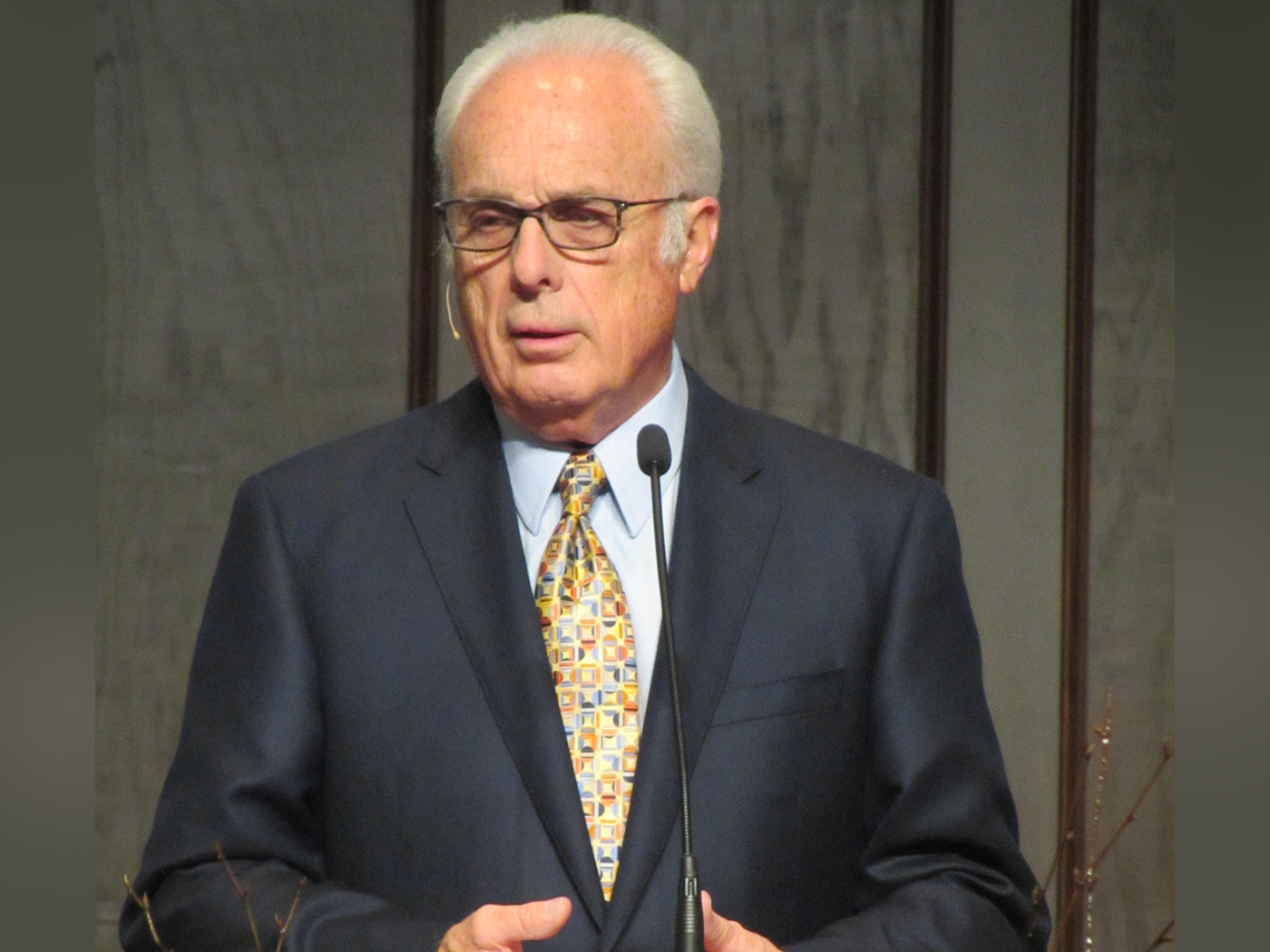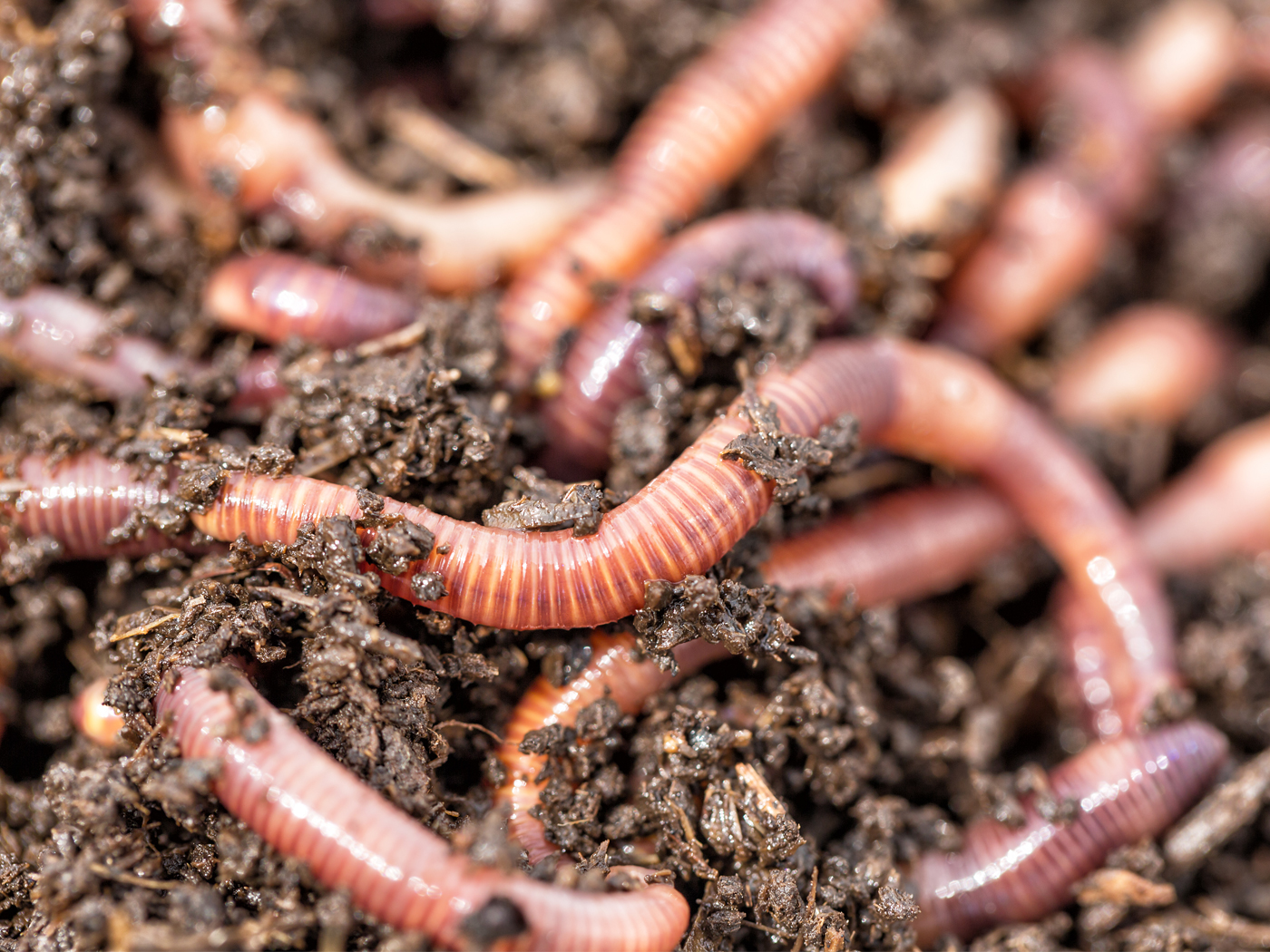Where, when, and how did life arise on earth? These questions have intrigued mankind for centuries. Evolutionary theorists have tried to answer them, but without definitive success. And now even their prized “primordial soup” recipe has failed them. Where can they turn next?
In the 19th century, French chemist Louis Pasteur conducted repeatable experiments that demonstrated the impossibility of life arising spontaneously from non-life.1 Although he is widely credited with disproving “spontaneous generation,” some theorists simply added imaginary long spans of time to that general idea and re-branded it “chemical evolution.” This holds that life on earth started in a “primordial soup” of chemicals and then evolved over millions of years into the life forms observed today.
Evolutionary biologists A. I. Oparin and J. B. S. Haldane popularized the chemical evolution theory in the 1920s. By 1993, however, it had been plagued by “decades of persistent failure to create life by the ‘spark in the soup’ method.”2 And a new report has finally faced the fact that chemicals do not evolve in soup.
The new study appears in the journal BioEssays and summarizes solid reasons “why that old and familiar view won’t work at all.”3 Interestingly, many of those same arguments have been presented by creation scientists for decades, but were met at the time with disdain and scorn from the scientific community.
The belief that life arose solely through natural processes is not based on scientific observation, but on the atheistic logic of naturalism. It stands to reason that since humans are here, then “those who deny the Creator’s existence must believe [spontaneous generation] happened once upon a time.”4 Science clearly points to a supernatural cause for life, but the atheistic worldview denies the supernatural. So, no matter how unscientific the primordial soup hypothesis was proved to be, it remained a prominent fixture in public school biology textbooks because it fit a particular preconception—and because evolutionary theory didn’t have anything better to offer.
Nick Lane, lead author of the study refuting the “soup” theory, said in a press release that it suffers from “bioenergetic and thermodynamic failings.”3 Bioenergetics deals with energy management that is vital to living cells. This involves production of ATP, the molecule that fuels cells.5 The researchers’ summary shows that not only are scientists still waiting to discover a way to generate ATP in a primordial soup mixture, but that they have also discovered that there are no soup recipes left to try.
In the authors’ words, soup “has no capacity for energy coupling” because ATP production requires protons to be densely packed and separated out.6 What actually happens in a soup is the exact opposite―protons rapidly disperse. The late, preeminent creation scientist A. E. Wilder-Smith made this thermodynamic deal-breaker clear back in 1970:
Thus, long time spans would not only give more time for the “lucky” synthetic reaction to evolve, they would also give more time for the “unlucky” (and often more probable) decomposition reaction to occur, away from life, back to non-life!7
So, why is it that soup-denying scientific observations―which creation advocates have been pointing to for so long, like the instability of RNA in soup, and the destructive power of ultraviolet light and oxygen―are now permitted a voice in an evolutionary journal?
It is because Lane and his colleagues were able to suggest another purely naturalistic possibility. Instead of primordial soup, they presented “the alternative that life arose from gases (H2, CO2, N2, and H2S) and that the energy for first life came from harnessing geochemical gradients created by mother Earth at a special kind of deep-sea hydrothermal vent.”3
However, experiments are already showing that deep-sea vents are just as unlikely to be “special” enough to produce the material or information required for an even minimally functional cell.8 Even if “primordial soup” gets replaced with a “primordial vent,” science will continue to demonstrate that a theory of life coming about in the absence of a living Creator falls short of reality.
Why have scientific critiques coming from those who suggest God as an alternative source for life not been published in the standard scientific journals? As demonstrated by this new study, it is not due to the quality of the science, but to how well the proposed alternative fits into the particular belief system of the scientific elite. Censorship never leads to good science.
References
- Dao, C. Man of Science, Man of God: Louis Pasteur. Acts & Facts. 37 (11): 8.
- Milner, R. 1993. The Encyclopedia of Evolution: Humanity’s search for its origins. New York: Henry Holt, 274.
- New Research Rejects 80-year Theory of ‘Primordial Soup’ as the Origin of Life. Wiley-Blackwell press release, February 2, 2010.
- Rosevear, D. 1999. The Myth of Chemical Evolution. Acts & Facts. 28 (6).
- Thomas, B. 2009. ATP synthase: Majestic molecular machine made by a Mastermind. Creation. 31 (4): 21-23.
- Lane, N., J. F. Allen, and W. Martin. How did LUCA make a living? Chemiosmosis in the origin of life. BioEssays. Wiley-Blackwell. Published online in advance of print January 27, 2010.
- Wilder-Smith, A. E. 1970. The Creation of Life: a cybernetic approach to evolution. Wheaton, IL: Harold Shaw Publishers, xxi.
- Thomas, B. Cell Origin Research Is in Hot Water. ICR News. Posted on icr.org January 13, 2010, accessed February 4, 2010.
* Mr. Thomas is Science Writer at the Institute for Creation Research.
Article posted on February 11, 2010.













